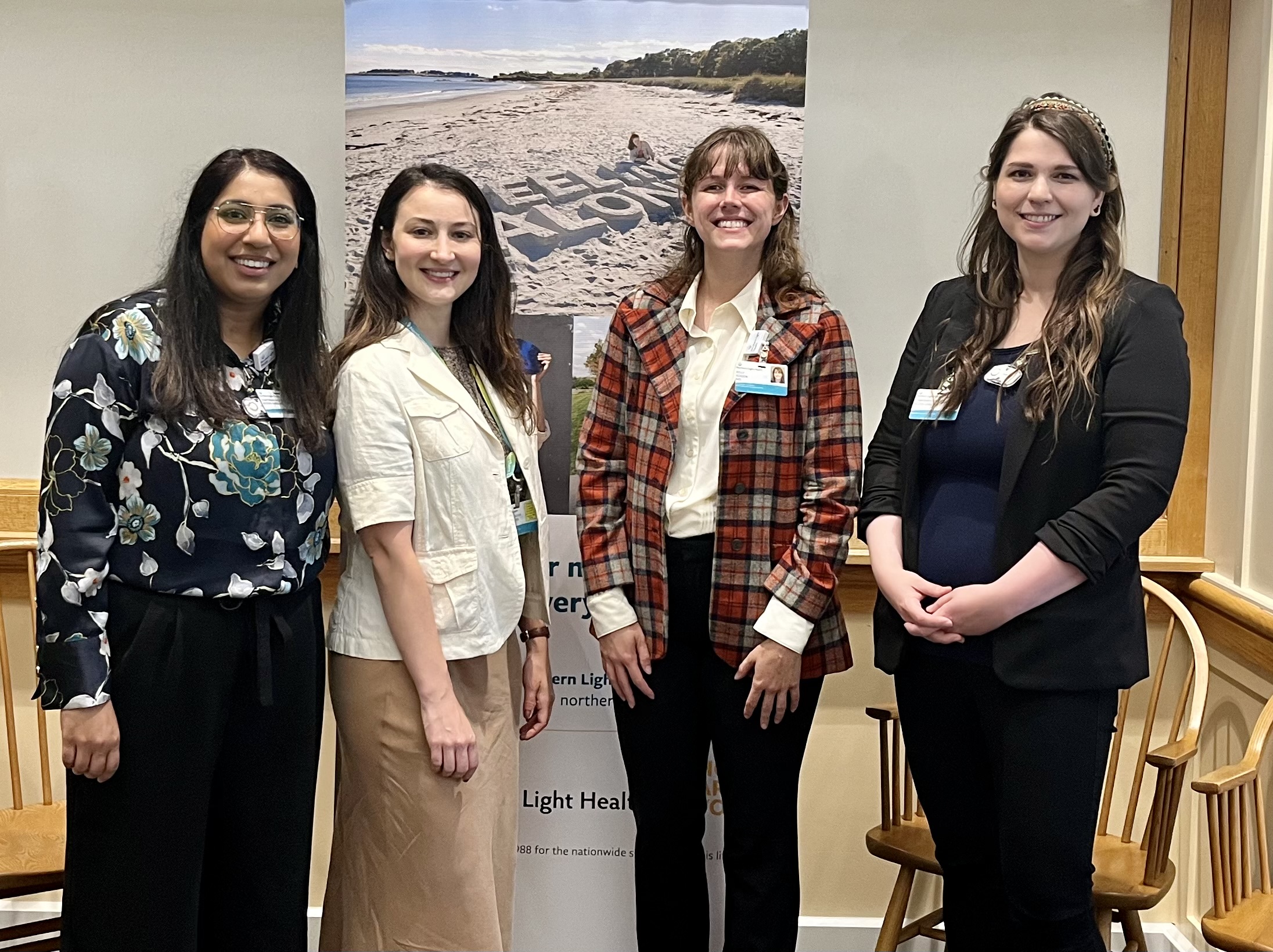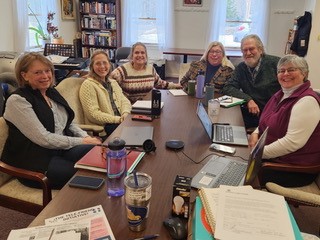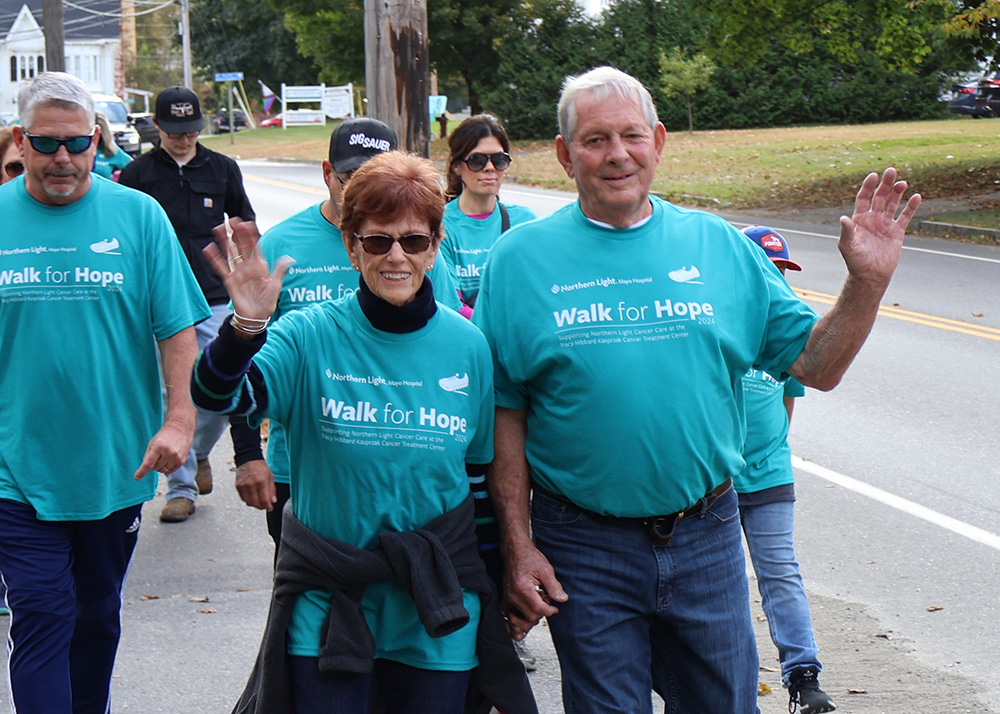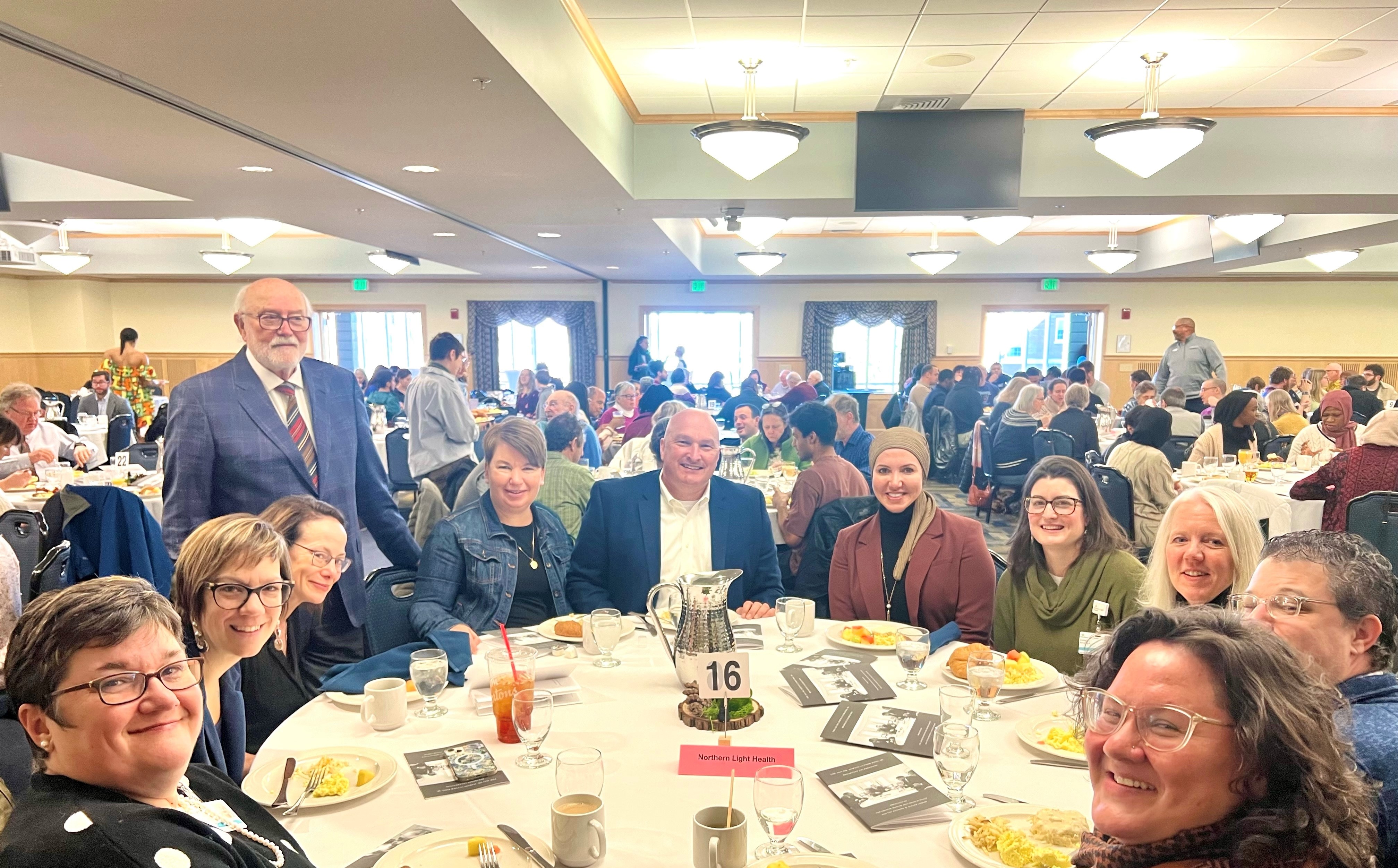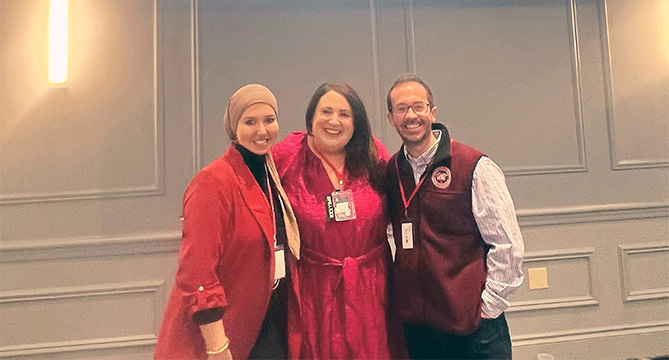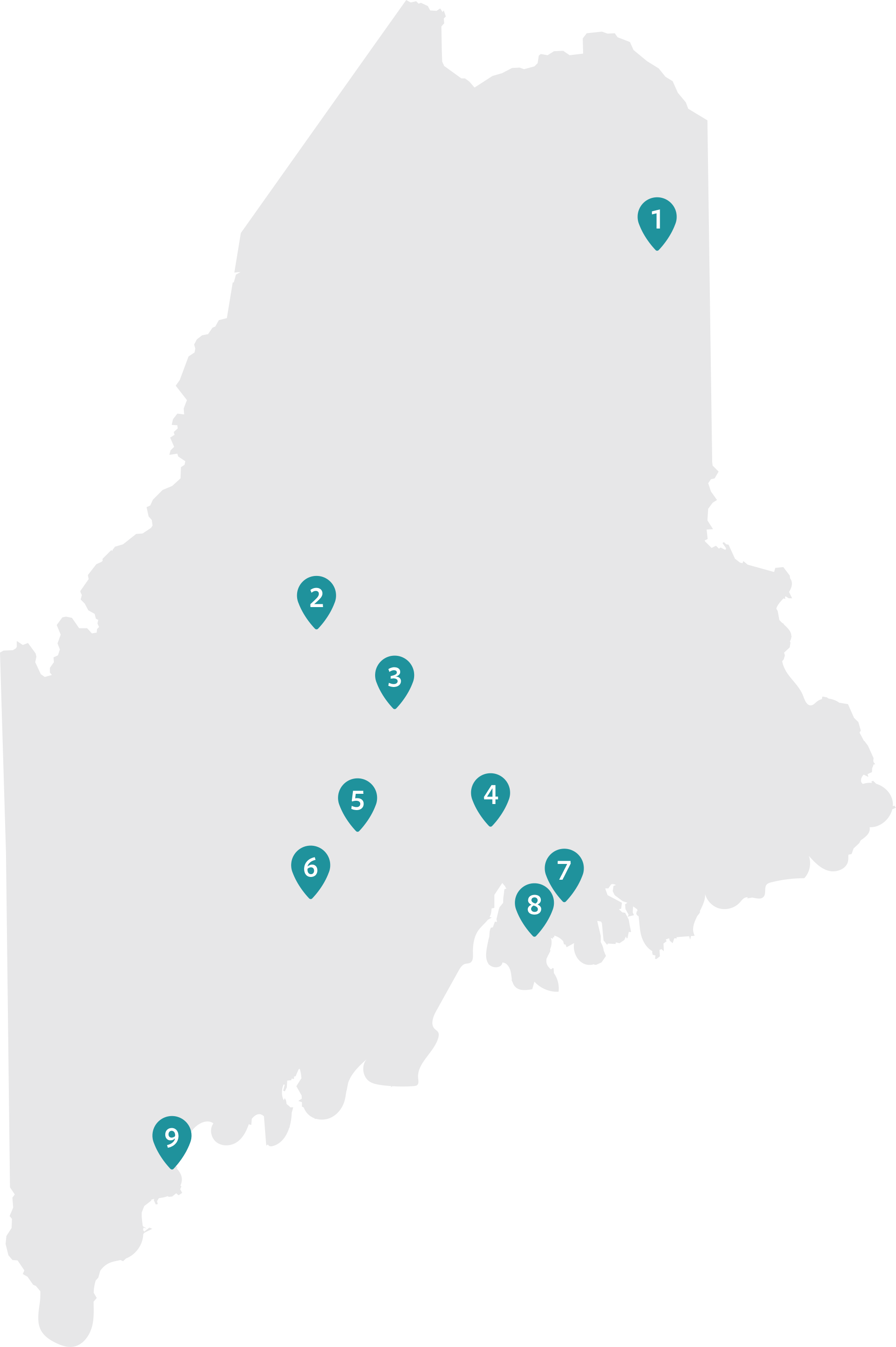A Letter from
the President
As we reflect on the past year at Northern Light Health, we are reminded of our responsibility to deliver exceptional care while adapting to and rising up to meet our challenges. This year’s annual report theme, thinking globally, acting locally, demonstrates how we remain focused on our promise of making healthcare work for Maine people.
In this 2024 annual report, we share many remarkable stories. You will read about how we eliminated a common operating room gas out of concern for our environment, how mobile mammography brings services to rural areas, how a youth summit addresses mental health challenges, a patient’s journey through gender-affirming voice therapy, and one family’s experience of becoming caregivers.
These stories highlight our promise to meet local needs while contributing to global solutions. We’ve persevered, strengthened services, and stayed true to our promise.
Thank you for your trust, partnership, and support as we navigate this journey together.
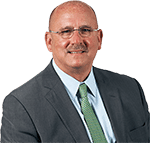
Tim Dentry, MBA
President & CEO
Northern Light Health

John Ryan
Board Chair
Northern Light Health


